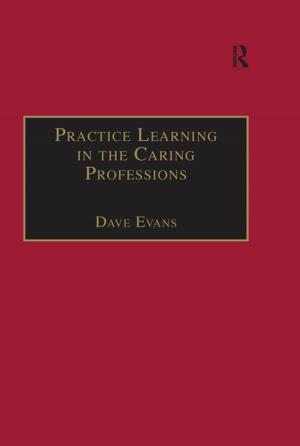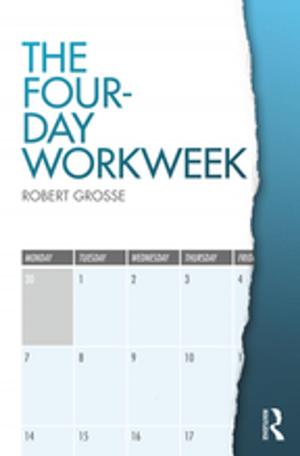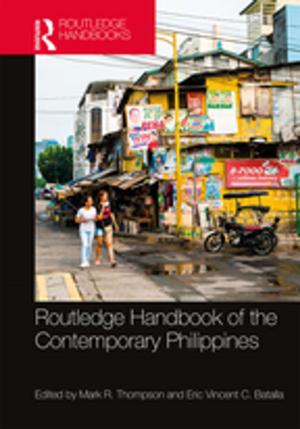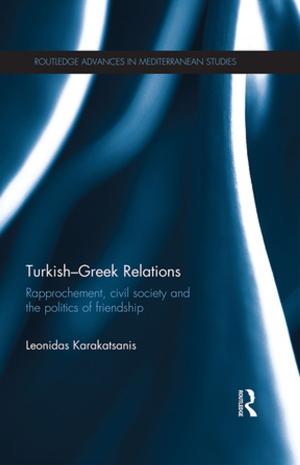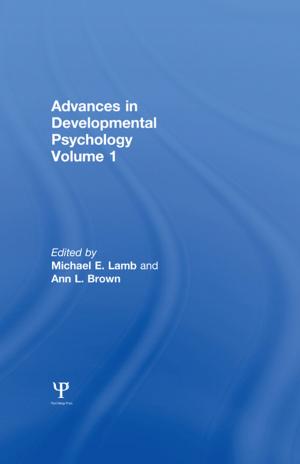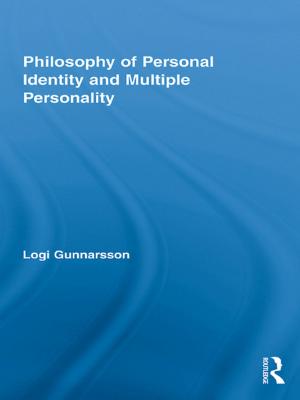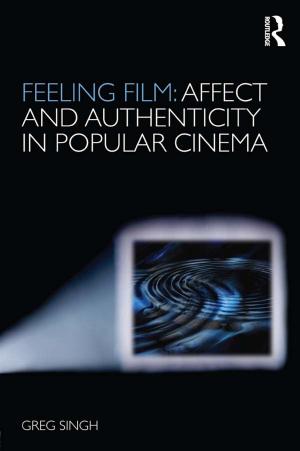Digital Dieting
From Information Obesity to Intellectual Fitness
Nonfiction, Reference & Language, Language Arts, Library & Information Services| Author: | Tara Brabazon | ISBN: | 9781317150879 |
| Publisher: | Taylor and Francis | Publication: | April 22, 2016 |
| Imprint: | Routledge | Language: | English |
| Author: | Tara Brabazon |
| ISBN: | 9781317150879 |
| Publisher: | Taylor and Francis |
| Publication: | April 22, 2016 |
| Imprint: | Routledge |
| Language: | English |
Imagine if a student spent as much time managing information as celebrities doted on dieting? While eating too much food may be the basis of a moral panic about obesity, excessive information is rarely discussed as a crisis of a similar scale. Obviously, plentiful and high quality food is not a problem if eating is balanced with exercise. But without the skills of media and information literacy, students and citizens wade through low quality online information that fills their day yet does not enable intellectual challenge, imagination and questioning. Digital Dieting: From Information Obesity to Intellectual Fitness probes the social, political and academic difficulties in managing large quantities of low quality information. But this book does not diagnose a crisis. Instead, Digital Dieting provides strategies to develop intellectual fitness that sorts the important from the irrelevant and the remarkable from the banal. In April 2010, and for the first time, Facebook received more independent visitors than Google. Increasingly there is a desire to share rather than search. But what is the impact of such a change on higher education? If students complain that the reading is ’too hard’, then one response is to make it easier. If students complain that assignments are too difficult, then one way to manage this challenge is to make the assignments simpler. Both are passive responses that damage the calibre of education and universities in the long term. Digital Dieting: From Information Obesity to Intellectual Fitness provides active, conscious, careful and applicable strategies to move students and citizens from searching to researching, sharing to thinking, and shopping to reading.
Imagine if a student spent as much time managing information as celebrities doted on dieting? While eating too much food may be the basis of a moral panic about obesity, excessive information is rarely discussed as a crisis of a similar scale. Obviously, plentiful and high quality food is not a problem if eating is balanced with exercise. But without the skills of media and information literacy, students and citizens wade through low quality online information that fills their day yet does not enable intellectual challenge, imagination and questioning. Digital Dieting: From Information Obesity to Intellectual Fitness probes the social, political and academic difficulties in managing large quantities of low quality information. But this book does not diagnose a crisis. Instead, Digital Dieting provides strategies to develop intellectual fitness that sorts the important from the irrelevant and the remarkable from the banal. In April 2010, and for the first time, Facebook received more independent visitors than Google. Increasingly there is a desire to share rather than search. But what is the impact of such a change on higher education? If students complain that the reading is ’too hard’, then one response is to make it easier. If students complain that assignments are too difficult, then one way to manage this challenge is to make the assignments simpler. Both are passive responses that damage the calibre of education and universities in the long term. Digital Dieting: From Information Obesity to Intellectual Fitness provides active, conscious, careful and applicable strategies to move students and citizens from searching to researching, sharing to thinking, and shopping to reading.



